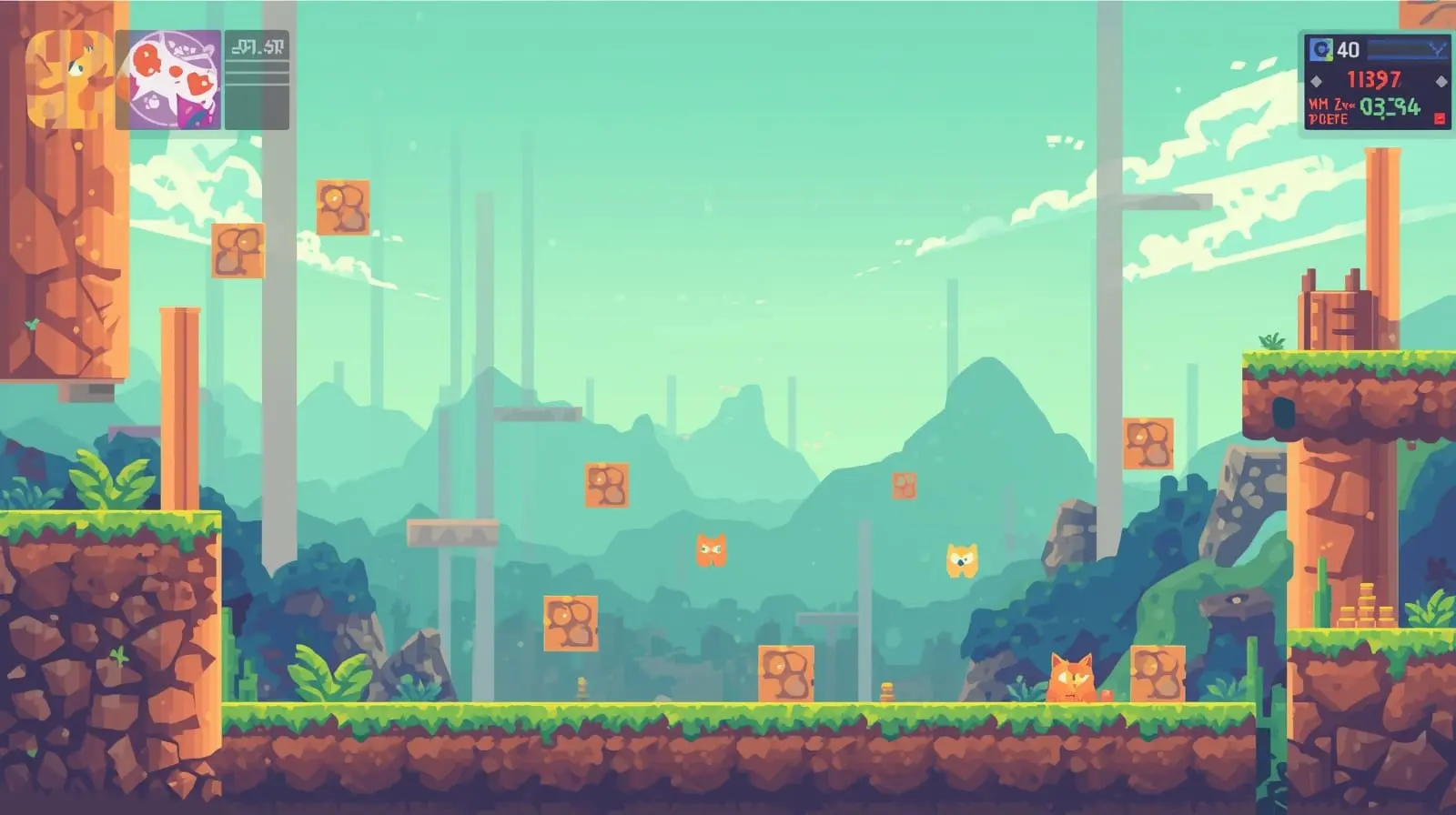
Mastering Puzzle Games: Strategies for Success
Learn proven strategies and techniques to excel at puzzle games. From basic problem-solving to advanced techniques, this guide will help you become a puzzle master.
June 30, 2025
3 min read
Puzzle games are among the most intellectually stimulating and rewarding gaming experiences available. Whether you're solving logic puzzles, matching games, or complex brain teasers, these games offer unique challenges that can improve your cognitive abilities while providing hours of entertainment. Logic puzzles require deductive reasoning and logical thinking including Sudoku variations, logic grid puzzles, mathematical challenges, and pattern recognition games. Matching games are based on finding and matching similar elements like color matching, shape matching, pattern matching, and memory games. Spatial puzzles require understanding of space and geometry including block arrangement, 3D puzzles, maze navigation, and construction games. Word puzzles focus on language and vocabulary such as crosswords, word searches, anagrams, and word building games. Always start with a systematic method rather than random guessing. Analyze the puzzle structure, identify known elements, look for patterns or rules, make logical deductions, and test your solutions. Large puzzles can be overwhelming, so break them into smaller, manageable parts. Focus on one section at a time, identify sub-problems, solve easier parts first, and use solutions to inform harder sections. Most puzzles follow specific patterns or rules including repetitive sequences, symmetrical arrangements, mathematical relationships, and color or shape patterns. When multiple options exist, eliminate impossible choices by listing all possibilities, applying known constraints, removing impossible options, and focusing on remaining choices. When you reach a dead end, backtrack and try different approaches. Keep track of your decisions, note where you made assumptions, try alternative paths, and learn from failed attempts. Sometimes starting from the end goal can be more effective. Identify the final state, determine what leads to it, work backwards step by step, and verify your solution. Look at the puzzle from different angles by rotating or flipping the puzzle, considering alternative interpretations, looking for hidden relationships, and thinking outside the box. Improve your memory for puzzle-solving by practicing visualization, using mnemonic devices, repeating important information, and creating mental maps. Develop your ability to spot patterns quickly by practicing with simple patterns, looking for similarities, identifying differences, and predicting next elements. Strengthen your logical thinking abilities by practicing deductive logic, working with syllogisms, solving logic puzzles, and analyzing arguments. Understanding how matching works involves looking for groups of three or more, planning moves ahead, creating cascading effects, and using special pieces strategically. Mastering spatial manipulation requires planning your moves carefully, considering the consequences, looking for optimal paths, and using rotation effectively. Handling time-based puzzles involves prioritizing important tasks, working efficiently, not panicking under pressure, and practicing speed techniques. Mastering puzzle games is a journey that combines patience, practice, and strategic thinking. The skills you develop through puzzle-solving can benefit many other areas of your life, from problem-solving at work to making better decisions in daily life. Remember that every expert puzzle solver started as a beginner. The key is to practice regularly, learn from your mistakes, and enjoy the process of solving challenging problems.
Published: June 30, 2025
Share this article:


